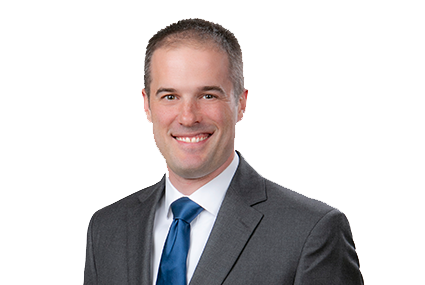Several utilities in Wisconsin are running pilot projects for electric vehicle charging infrastructure to gather data.
Mark Bender, special counsel for the law firm Godfrey & Kahn in Madison, gave an overview of several of these projects yesterday during a webinar. He explained the state Public Service Commission in late 2020 laid out a framework for utilities to propose such pilot programs as part of an ongoing docket focused on EV policy and regulation.
When that order came out, Xcel Energy had already been operating a pilot program with several options for various customers. For residential charging, the utility would install and own the EV charger in the home, with the customer paying on a time-of-day or time-of-use rate, Bender said.
“Essentially your rate changes depending on the time of day and how much you’re charging,” he said. “This is aimed to get at balancing the grid, balancing energy production … charging gets a little bit cheaper at night, or a little bit cheaper in the early morning.”
Along with a similar option for customers with other assets like a rooftop solar array, Xcel also has a commercial charging pilot program for fleet owners.
“These are all aimed at figuring out what’s the best way for the utility to own infrastructure, how do we charge for it, how are customers using these,” he said. “So these are all pretty small programs — 15 to 50 either people, residents or businesses — so the utility can gather a lot of data and figure out how they’re going to go forward.”
Meanwhile, Madison Gas & Electric also already had a residential EV charging pilot program that the company has moved into a permanent program. Bender explained it’s similar to Xcel’s program, as the utility owns and operates the charger and can change the rates that customers pay.
MGE has also created a new pilot called the “Managed Rewards” program. The utility installs the charger and can then manage the customer’s charging through tracking technology in the charger and the customer’s vehicle, Bender said. Participating customers get gift card rewards each month, he added.
And MGE has proposed a charging program for apartments, multi-family housing units and workplaces, where the company sets up a charger in a parking lot and “then they can figure out how best to recoup” the cost of operating it, according to Bender.
“Usually what will happen is the customer will sign up with an account … charge their vehicle, pay at the charger, and then the building owner or the employer then recoups costs from that account and pays the energy cost to the utility,” he said. “So a pretty interesting program. We’ll see how that works out.”
Watch the full webinar here: https://wiseye.org/2022/12/12/autonomous-and-electric-vehicle-legal-landscape-in-wisconsin/
–By Alex Moe






